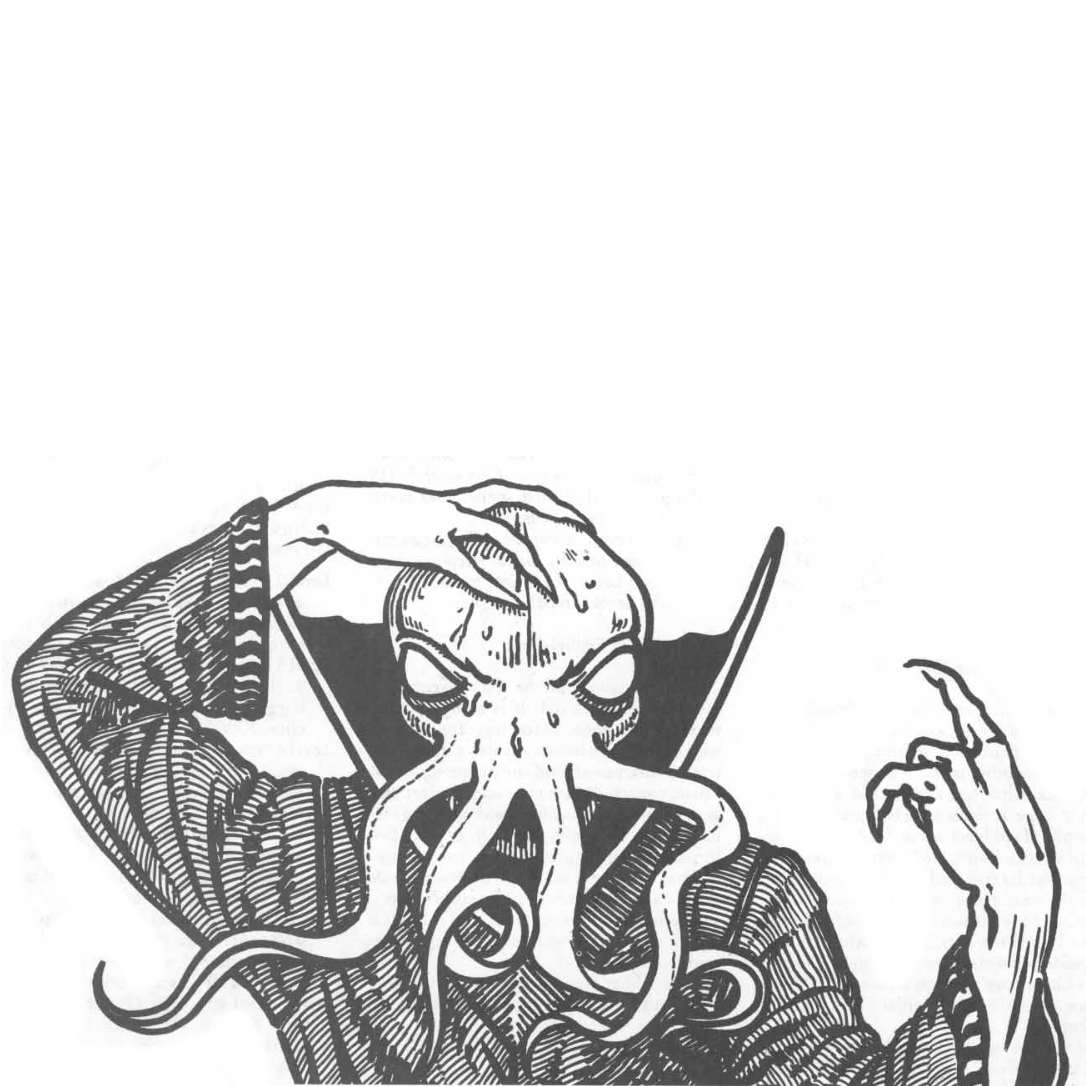I am looking for a game system for a modern urban fantasy campaign that I have built. The world is as if a standard fantasy world exists in 2023 on Earth. I am having difficulty finding a system I think would do this style of campaign justice, and could really use some help.
Systems I have contemplated and the reasons I am having difficulty: D&D 5e and Pathfinder 2e - don’t translate to modern world well Fate/Rules Lite RPGs - Doesn’t give players a sense of advancement/leveling Hero System/GURPs - Magic users are either very under powered or the point values get out of hand for non-magic users Savage World - Combat is grindy Open Legend - This has the flexibility, but doesn’t have any bestiary making every monster/npc necessitate creation from scratch.
Systems I think might work well for this: Genesys - The drawback is the narrative dice are sold out everywhere and secondary market for them is outrageous. WOIN - Just found this and think it is suitable, but would like opinions as I have just discovered it. BRP - Again just found this while searching suggestions and think it may work well, but would like opinions. New edition recently released.
Please let me know your thoughts on this.
If dice is the only thing holding you back from Genesys there is the option to use one of the many dice roller apps. Not the same thing, but better than nothing.
Beyond that… It all depends on what kind of story you want to tell and how you want the game to play.
City of Mist (as also mentioned by @Shurf116@lemmy.ml )is a good option but you will have to rework its setting. As written the magic in CoM is hidden, and it has some sort of auto-hiding feature. Also the characters you play have some sort of legend awakened in them, or some myth. This legend is pulling the character towards avatarhood, becoming the legend and having it consume all their existence. Essentially game over. They are coming out with a cyberpunk edition of it that doesn’t rely on awakened legends. Tokyo: Otherscape is what you then are looking for and may fit better.
If you want something darker there is Kult, but that too puts magic and such within the hidden realm. Urban shadows if you want more intrigue, but yet again magic is hidden (I think). Or as @rev@ihax0r.com is pointing you towards - super hero RPGs. But that is not my genre and cannot really give any recommendations.
World of Darkness IS set in modern day, font know if that’s the kind of fantasy you want tho.
Maybe Shadowrun?
Storyteller (Mage the Ascension / Vampire the Masquerade both use this system) Or City of Mist
I’ve used Mutants and Masterminds for non hero games it works well but you have lots of hand holding for new players
“Modern Urban Fantasy” is synonymous with Unknown Armies 2nd Ed to me. Though it is very gritty in tone and revolves around the idea that magic makes you crazy, but the core mechanics are very flexible and it’s a d100 system, you could probably just change the narrative fluff and have a perfectly workable, if lethal, game.
UA is one of my favorite games, but I’d highly recommend the 3rd edition over the second. While 3e is far from perfect, it’s a better system than 2e
Eh, we’ve tried it, but the skills being tied together and to the sanity meters ruined character builds, so it just wasn’t fun. We’ve kept the idea of making connected characters (just an ally and a rival) because it makes for excellent plot hooks, but otherwise went back to 2nd Ed.
Hmm the identity features can give you niche protection (i.e. your Martial Artist identity can Substitute For Struggle, or whatever).
For me, the 2e madness meters being isolated and in their own little world were jarring. “What happens when I have 3 failed notches? Nothing?”
I do wish 3e had Significant Checks though. I love me some partial success ranges.
They do, but in a way that I think felt limiting. You can’t have too many identities without making them quite weak, and then you have limited slots to have them do something cool or just substitute for skills/stress checks.
There’s also the feeling that your character can’t progress at anything outside their identities, because progress in one skill is regression in another and is entirely at the fate of a dice roll.
I’m sure it’s great for other people’s playstyles, it’s just not my cup of tea.





